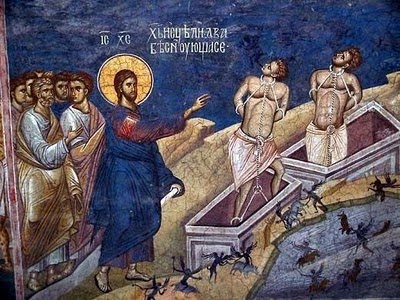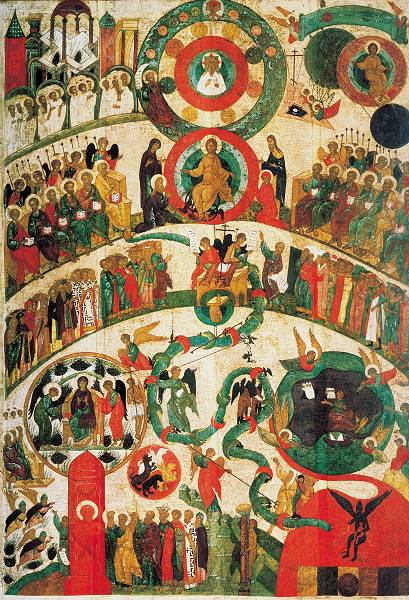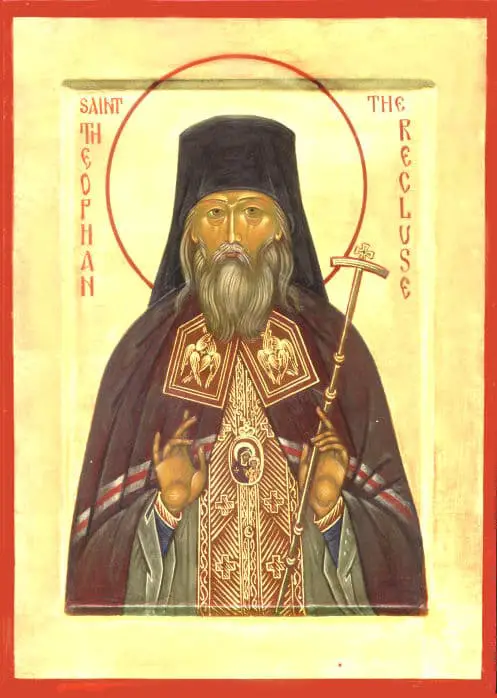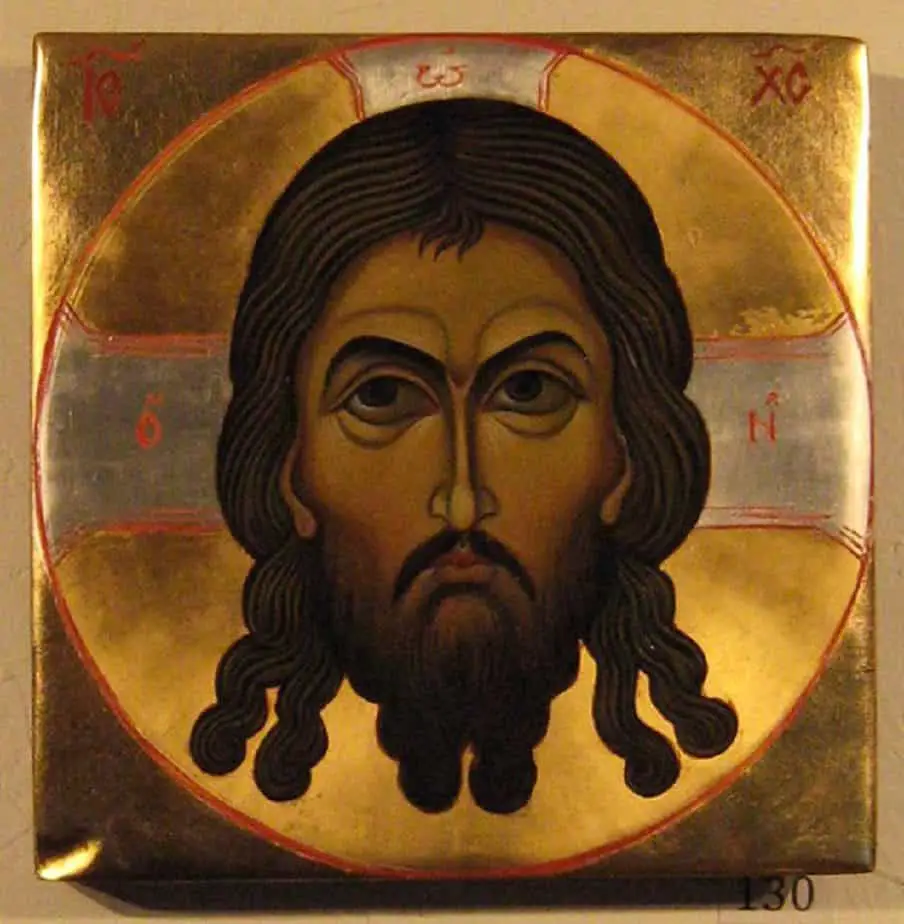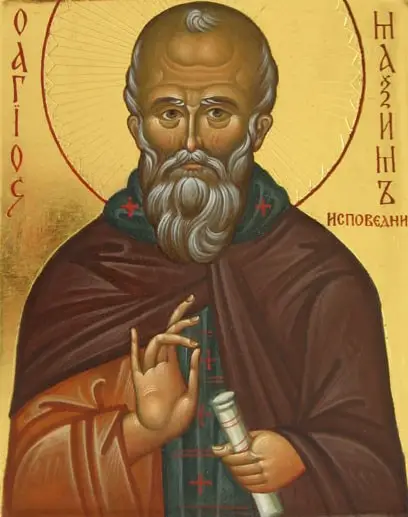St. Sebastian Dabovich: Yes, the two men of the Gadarenes were possessed with devils. They were not common maniacs . . .

“Yes, the two men of the Gadarenes were possessed with devils. They were not common maniacs, nor persons with a disordered function in the cerebral region ; for they knew, while the inhabitants of that country did not know, that Jesus Christ was the Son of God. The devils knew that a time was coming when their freedom, which they abused and made such evil use of, would be checked. The devils would not give up the darlings which so readily gratified their passions. It was torment for them when the merciful Lord liberated poor mankind. The two unfortunate ones, that were possessed by demons were exceeding fierce so that no man could pass by that way. If the evil spirits torment those whom they possess in such a horrible manner, then what must be the suffering of sinners in hell, where they are bound in company of the devils for all eternity?”
+ St. Sebastian Dabovich, The Lives of Saints: With Several Lectures and Sermons [hard-copy book] | [read online], “Sunday for the Fifth Sunday after Trinity”

